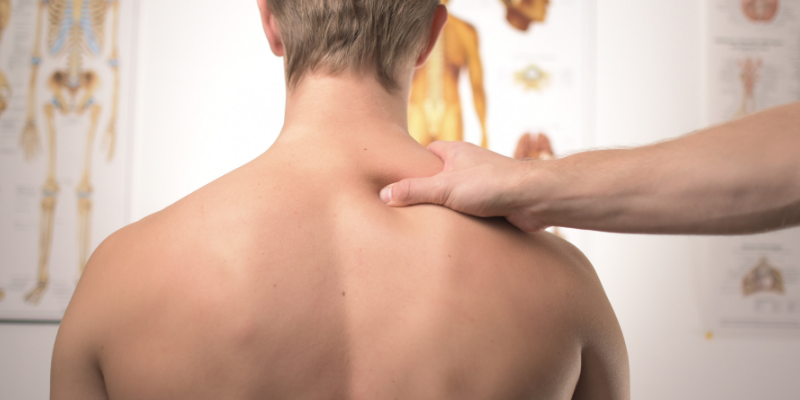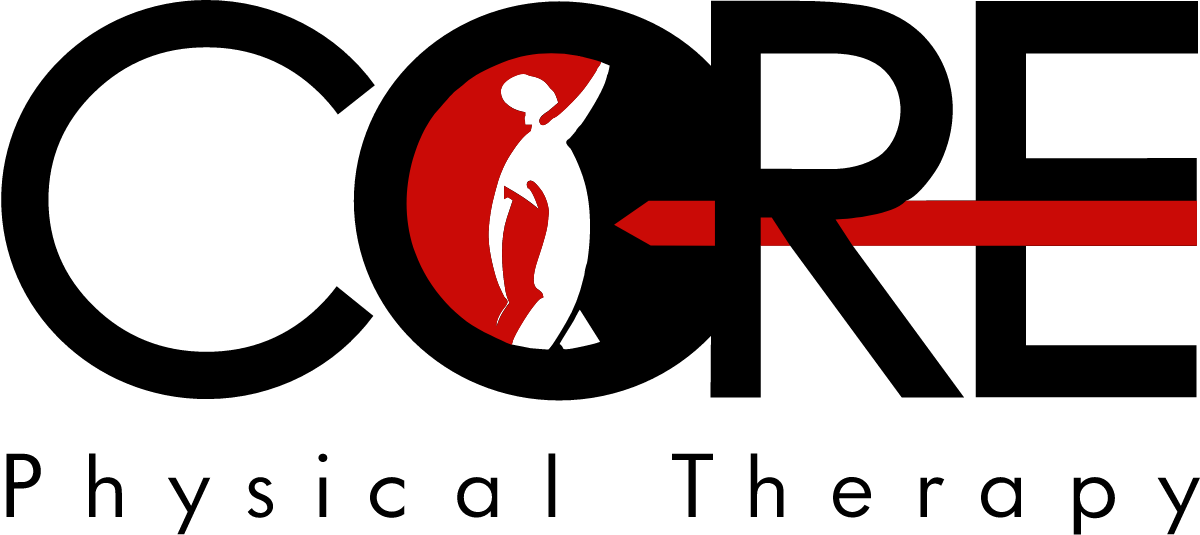
Do you have frequent shoulder pain? If you find yourself having sharp pains in your shoulders, there’s a chance the shoulder is not the problem, but the neck. Cervical Radiculopathy is a spinal issue that can cause pain in your arms, even if you feel none in your neck or back. Here is a description of how it affects you and what your treatment options are.
What exactly is Cervical Radiculopathy?
In layman’s terms, this is commonly known as a pinched nerve. Your neck has nerves that go to different parts in the body like your shoulders and fingers. If you are suffering with this, there is likely damage or irritation to the roots of the nerve that exit the vertebrae on the neck. This is the reason you are feeling pain in your shoulder instead of directly in the neck.
How is it caused?
Cervical Radiculopathy can happen to people of any age. However, it is typically because of wear and tear that happens as a result of age. Particularly, those with arthritis are more likely to have a pinched nerve. When it does occur with younger individuals, it is typically due to an injury like a herniated disk.
Treatment Options
Fortunately, it is very unlikely that anyone will need surgery as a result of this. Some get better on their own, but if the pain does not go away in a few days there are simple treatment options. Additionally, once you have Cervical Radiculopathy, it may return in the future. This is why it’s important to know what treatment options are available in order to be prepared for the future.
- Soft Cervical Collar– This is a padded ring that wraps around your neck. It helps your muscles to relax in order to limit the impact of a pinching nerve. These should only be worn for short periods of time, as extensive use can stretch the joints of the neck in an undesirable way.
- Physical Therapy– Making an appointment with a physical therapist will help you to strengthen the muscles in your neck. They will also be able to improve your range of motion to help prevent future injury. Your PT will also be able to help with pain relief.
- Medication– Over the counter medications should be used sparingly. They may help aid in temporary pain relief. Nonsteroidal anti-inflammatory drugs (NSAIDs) are a typical medication used for alleviating symptoms.
If you’ve developed Cervical Radiculopathy, look to Core PT to help you reduce pain and restore you to your active life again. In the state of Iowa, you don’t need permission from your doctor to seek out treatment from a physical therapist, so you are be able to make an appointment with us directly!
